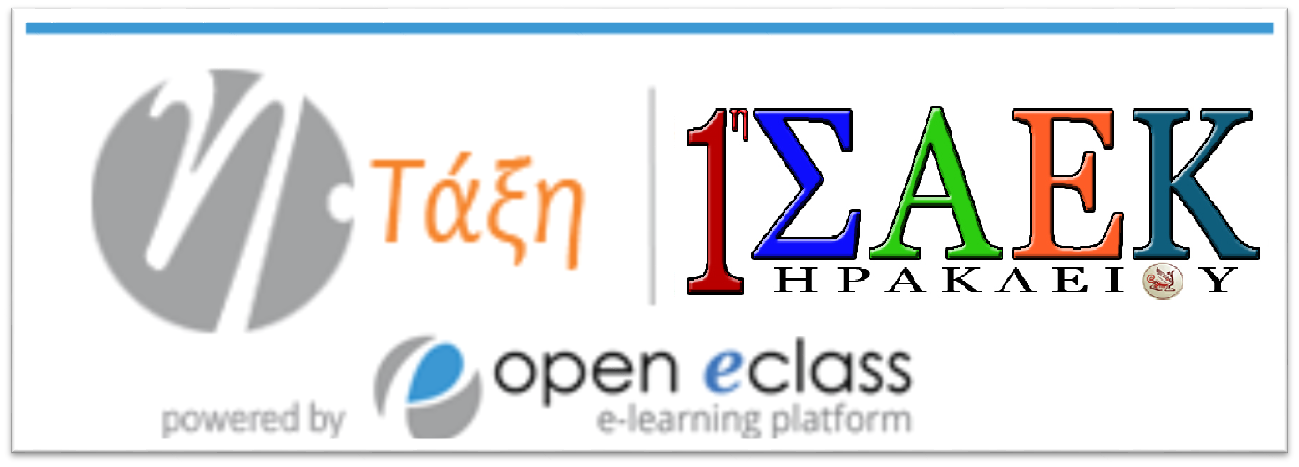How to Become an AWS DevOps Engineer in 2023?
It has a current market size of 371.5 billion dollars and is expected to grow significantly more. As such, between 2015 and 2018, job searches for roles related to cloud computing–including cloud infrastructure, cloud security, cloud architect, and cloud engineer–rose nearly 108%, according to an Indeed report. Employer interest for candidates with cloud computing skills rose 33%. Elevate your tech skills with our innovative program focused on Cloud Computing, Microservices, and Serverless Technologies. Master the fundamentals of AWS, learn to build and deploy scalable, full-stack applications on the cloud, and grasp the principles of modern cloud architecture.
- We invite you to explore QuickStart’s IT training offerings, including our cloud certification courses, such as Microsoft Azure, to embark on your journey towards a successful cloud engineering career.
- Familiarizing yourself with these concepts will help you better support your clients’ needs.
- Dive deeper and position yourself as a trusted advisor to your stakeholders and/or customers in these strategic areas.
- The first and biggest reason is how quickly you can pick up cloud computing with a software background.
Cloud engineers have a median base salary of $96,449, according to data from Glassdoor. The average salary of cloud engineers in the US at the time of publication was $118,586, according to Indeed. Serverless technologies have become very popular recently because they can increase the speed of development and drastically reduce the cost of running a cloud infrastructure. This course combines the theory of using serverless technologies with the practice of developing a complex serverless application and focuses on learning by doing.
Want to practice more such questions for the Onsite round
Participate in remote and in-person events that focus on the creation and review of exam content. Dive deeper and position yourself as a trusted advisor to your stakeholders and/or customers in these strategic areas. Refer to the exam guides on the exam pages for recommended experience.
Why Use Infrastructure as Code? – The New Stack
Why Use Infrastructure as Code?.
Posted: Tue, 31 Oct 2023 16:37:34 GMT [source]
No matter what happens, remember you have acquired some knowledge and skills which you can use at some time or another. And with the opportunities that lie ahead with cloud computing combined with KnowledgeHut best Cloud Computing course, you’ve got a lot to experience and achieve. By the time you graduate, the skills you develop might also be outdated. Changes in cloud computing best practices, alongside aws cloud engineer new developments in technology, might mean that the cloud skills you developed in college might need an immediate update. This means not depending upon personal individual hardware that faces problems when scaling but rather running application software on virtual machines. This reduces hardware dependency and also aids in fault tolerance, making it one of the most desirable skills of a cloud engineer.
Benefits of Being a Cloud Engineer
He specializes in architecting innovative solutions using emerging technologies, including cloud and edge computing, digital transformation, IoT, and programming languages like C, C++, Python, and NLP. Alternative paths such as IT certifications, bootcamps, and online courses are gaining https://remotemode.net/ traction. These routes offer several advantages, including cost-effectiveness, shorter timeframes, and dedicated career services support. QuickStart, for instance, provides comprehensive cloud engineering training that prepares you for the workforce efficiently and effectively.
There are numerous skills involved that help in the day-to-day operations of this role. An AWS data engineer is typically an Information Technology (IT) professional. They obtain an AWS certificate to show their expertise and skills to work in an AWS-related position. Continuous learning and staying updated with evolving technologies are vital in this field. The final domain places a significant emphasis on data security, authorization, and compliance within the AWS environment. Within this domain, candidates undergo assessment based on their competence in leveraging AWS services for data analysis and ensuring data integrity via automated data processing.







